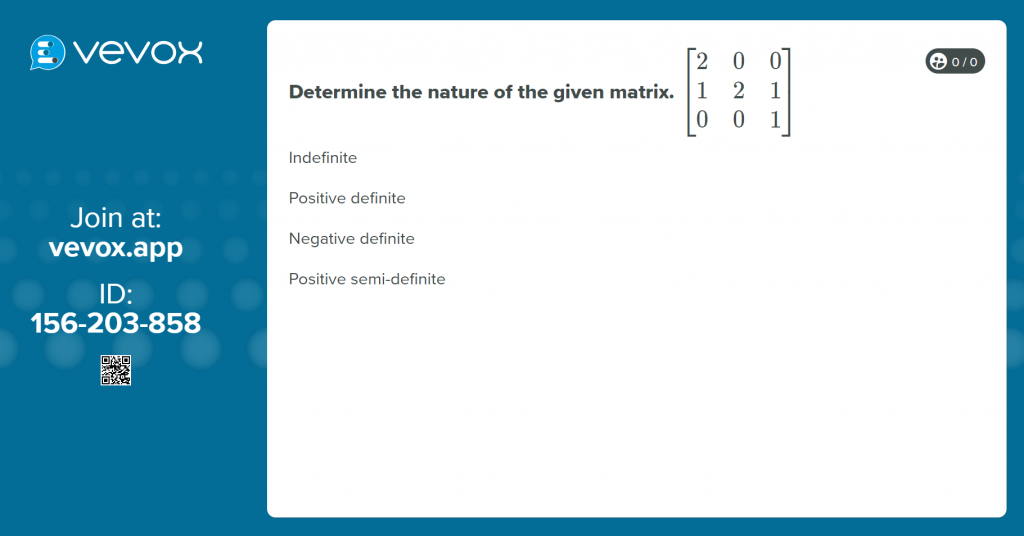
The Learning and Teaching Enhancement Unit is pleased to announce its next External Speaker Event.
On 20 May 2022 12:30-13:30, Dr Mary Davies, Principal Lecturer in the Business School at Oxford Brookes University, and colleagues will be running a workshop on their interactive red flag checklist resource Contract Cheating Detection for Markers.
Dr Davies will be joined by Stephen Bunbury, Senior Lecturer in Law at the University of Westminster, Anna Krajewska, Director of the Centre for Excellence in Teaching and Learning at Bloomsbury Institute, and Dr Matthew Jones, Senior Lecturer in Politics and International Relations at the University of Greenwich.
This workshop is designed to help staff participants detect potential contract cheating when marking. The presenters belong to the London and South East Academic Integrity Network Contract Cheating Working Group who put together an interactive ‘red flag’ checklist resource Contract Cheating Detection for Markers.
In the workshop, the presenters will explain the red flags that indicate possible contract cheating, through discussing sections of the checklist: text analysis, referencing and the use of sources, Turnitin similarity and text matching, document properties, the writing process, comparison with students’ previous work, and comparison to cohort. Participants will be provided with opportunities to practise using the checklist and to discuss effective ways to help them identify potential contract cheating in student work.
Resources from previous External Speaker events can be found on our blog.
The workshop will take place online using Microsoft Teams. Book your place online.
Please contact the Learning and Teaching Enhancement Unit if you have any questions (lteu@aber.ac.uk).








